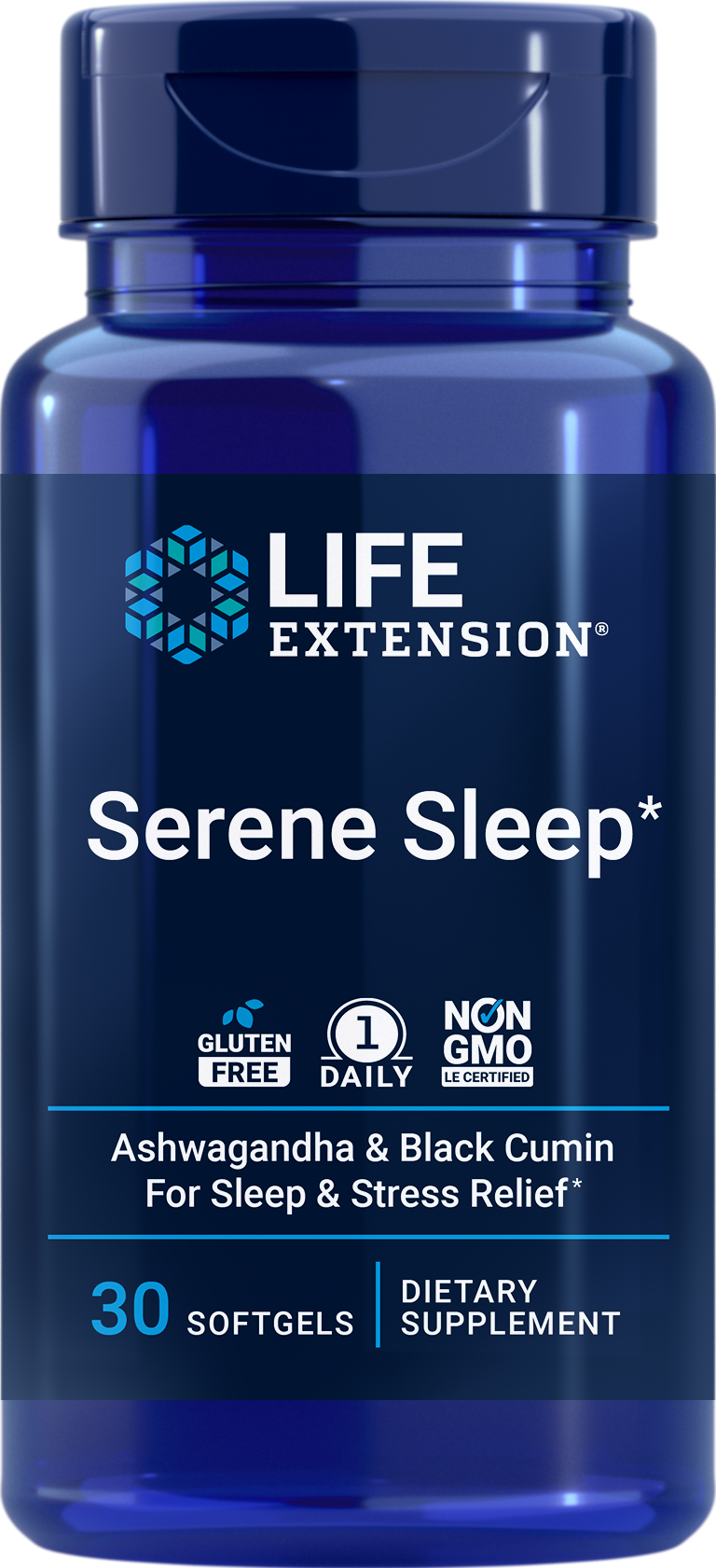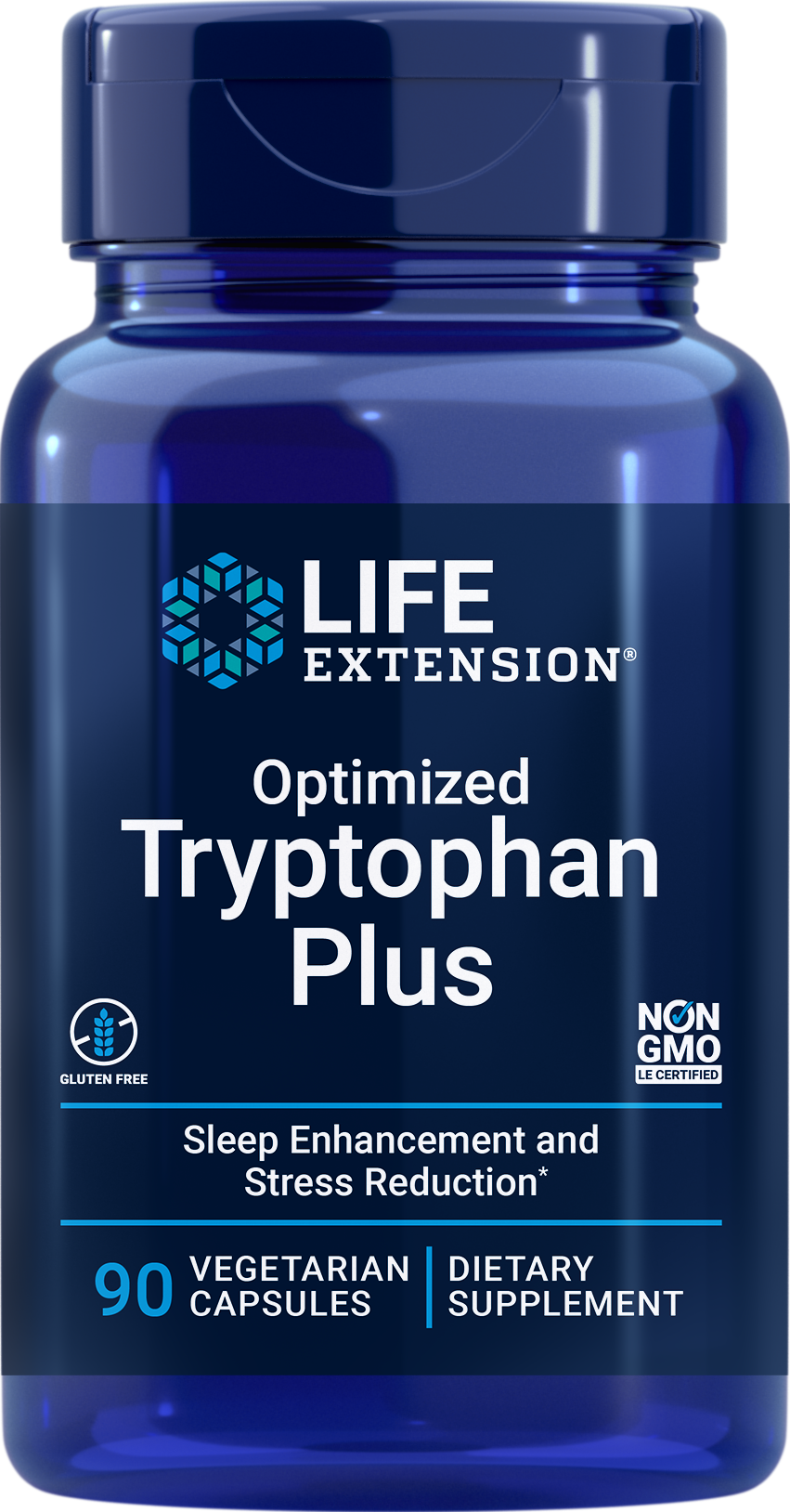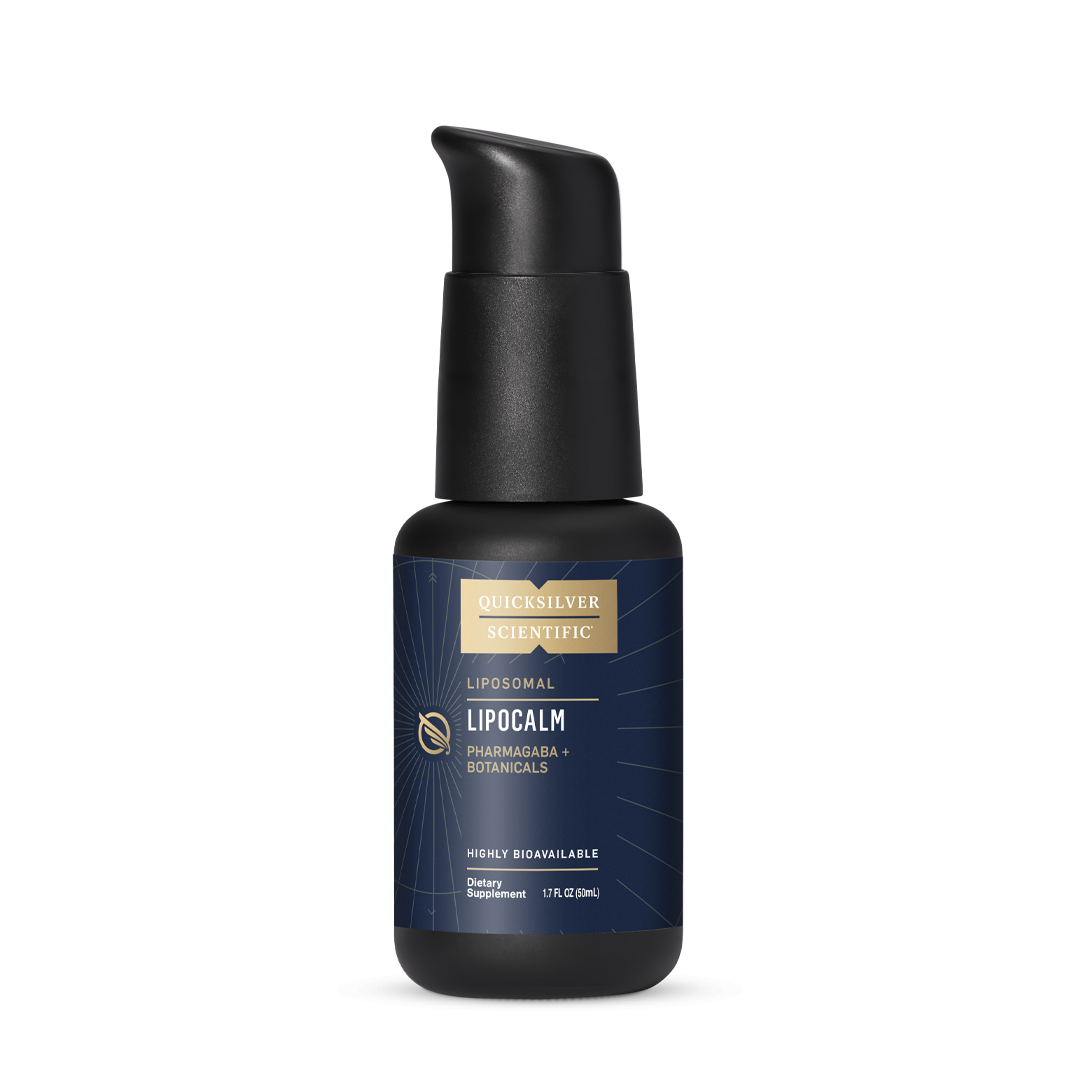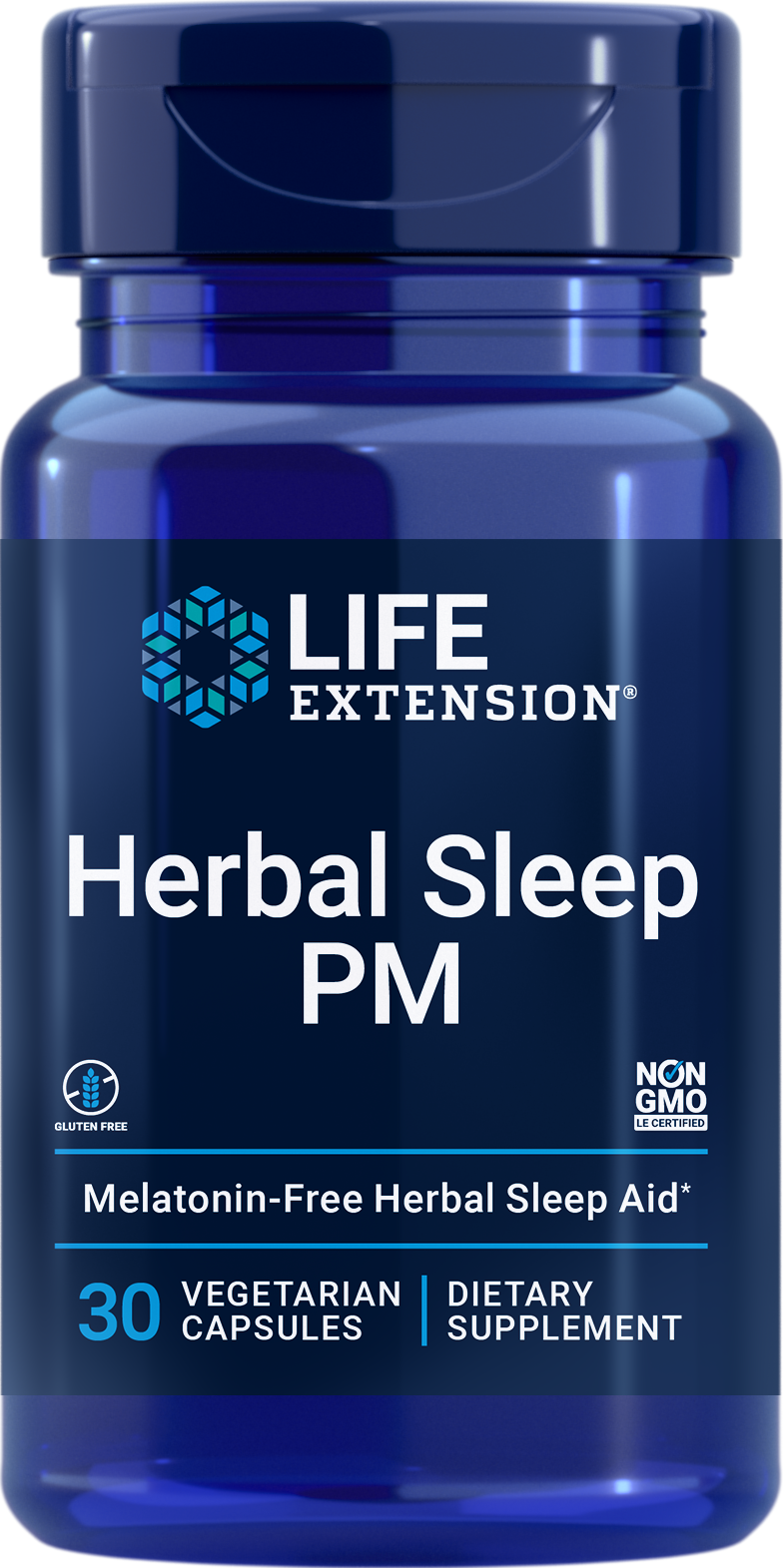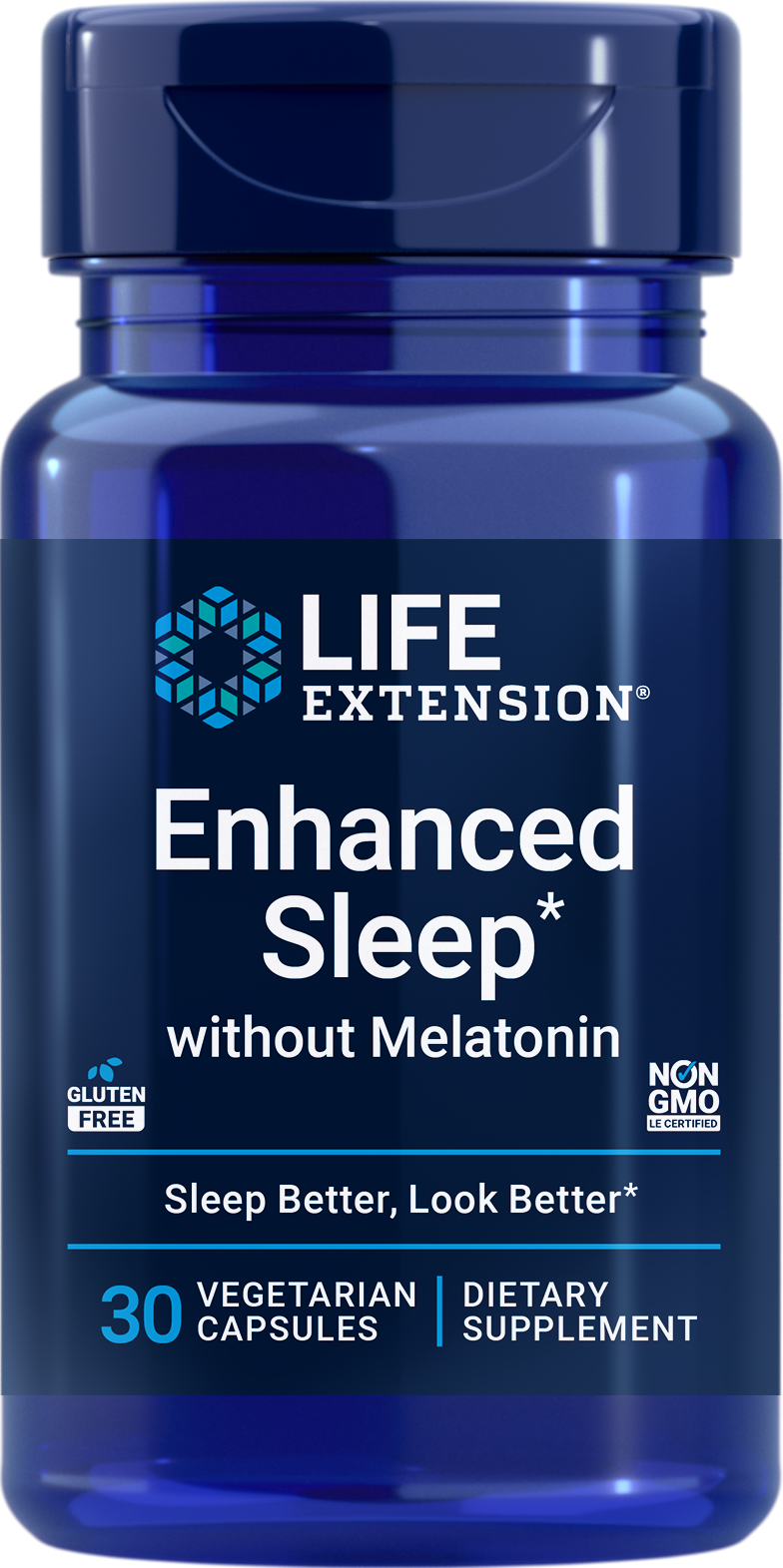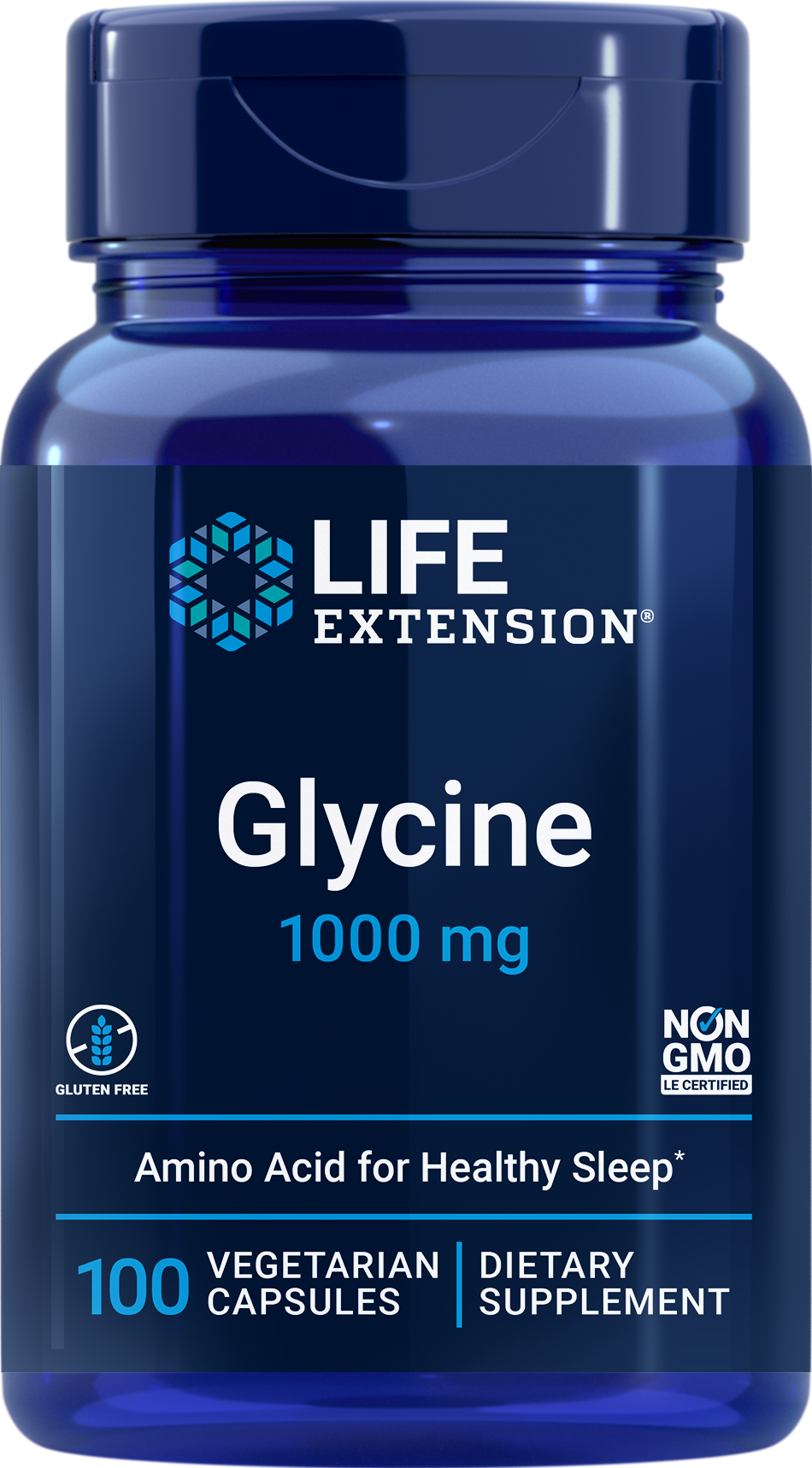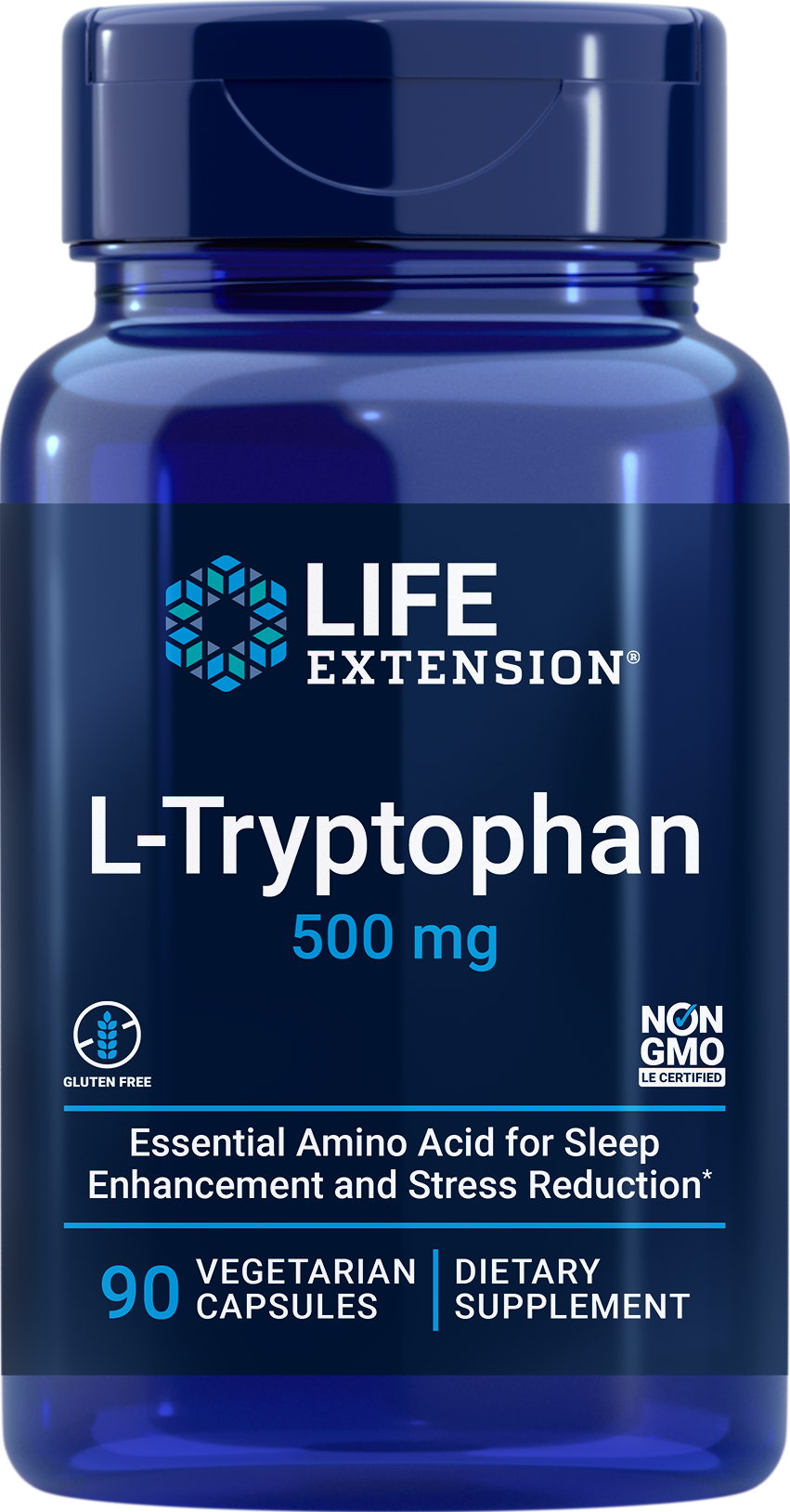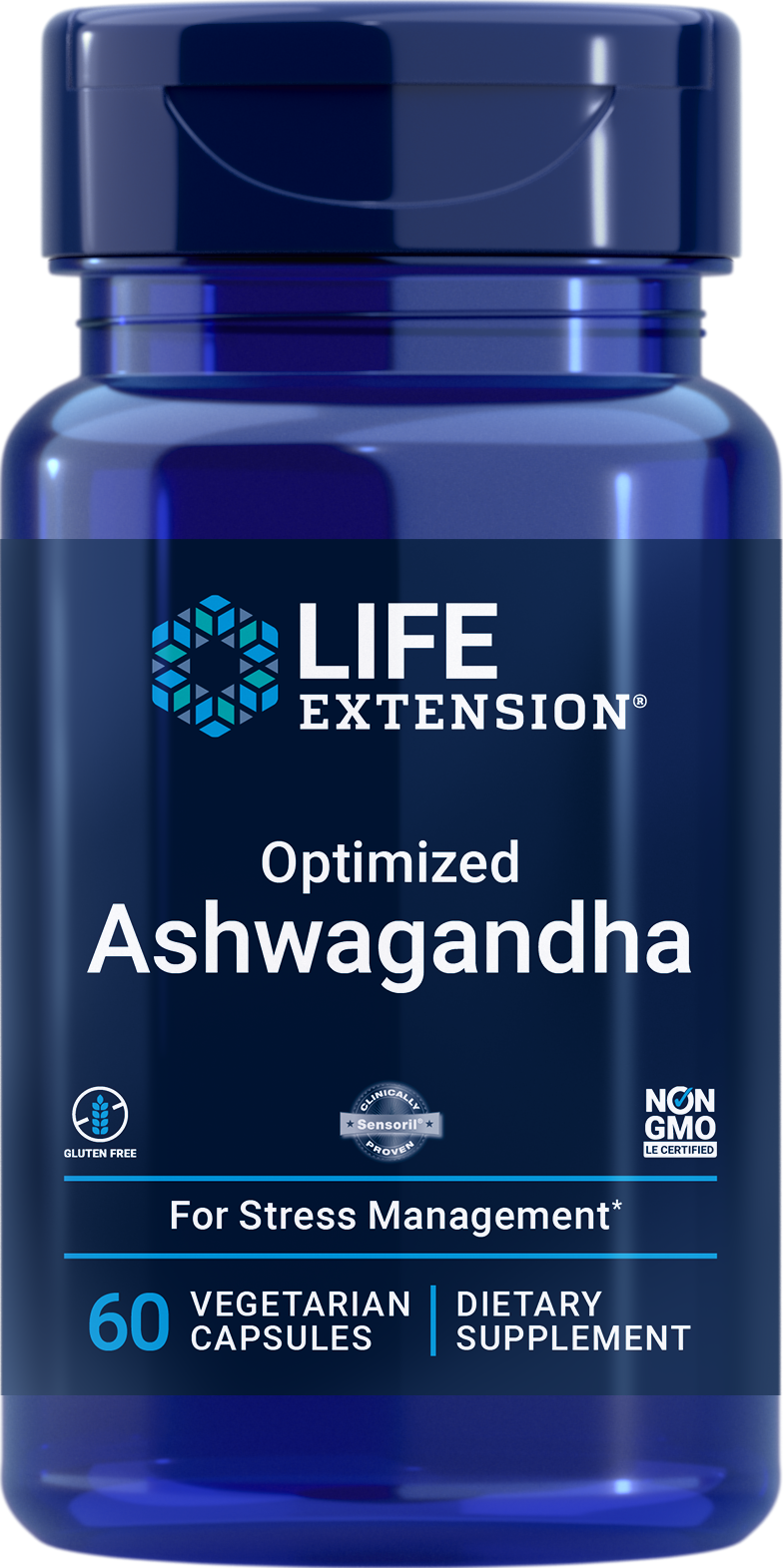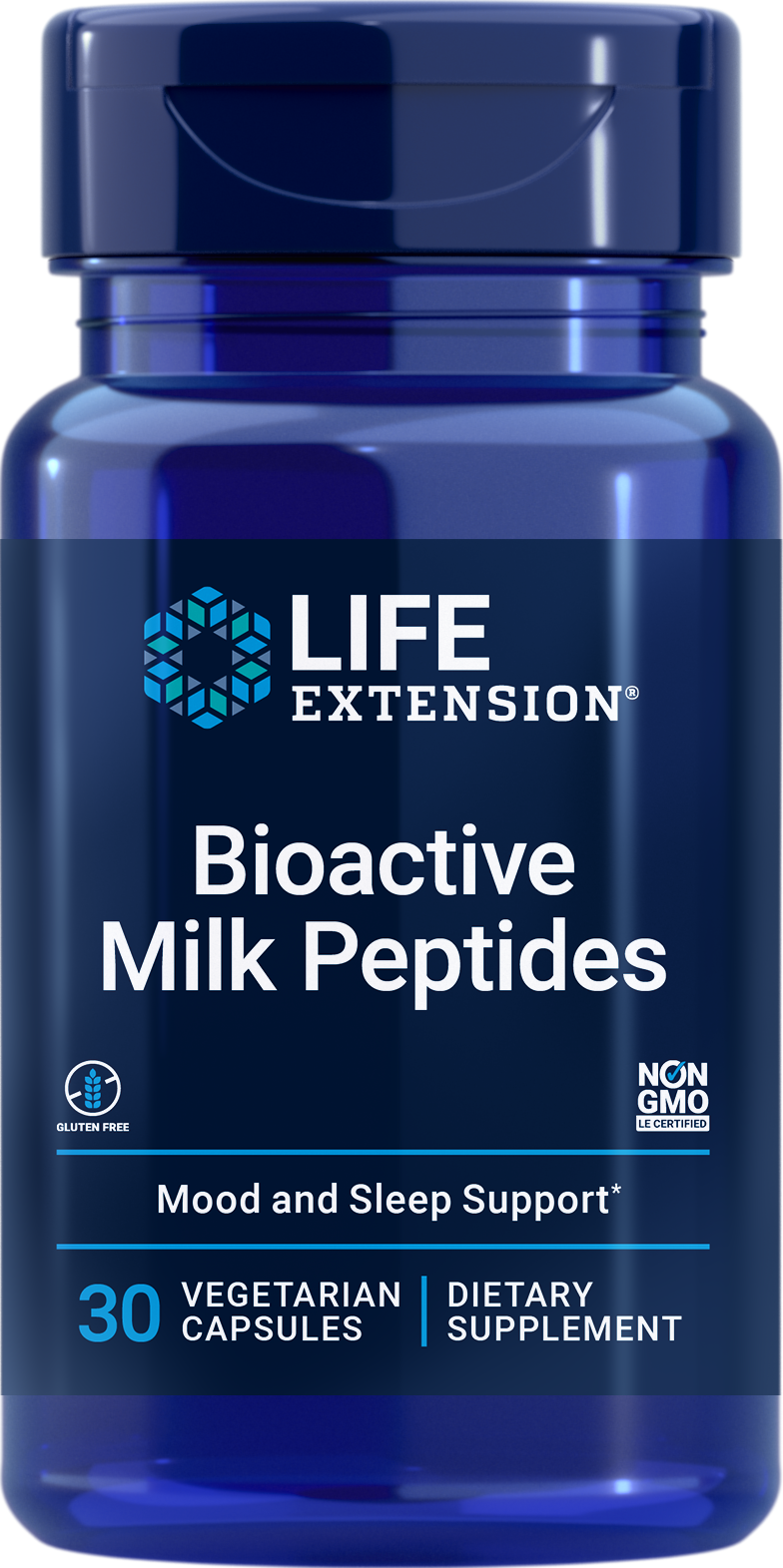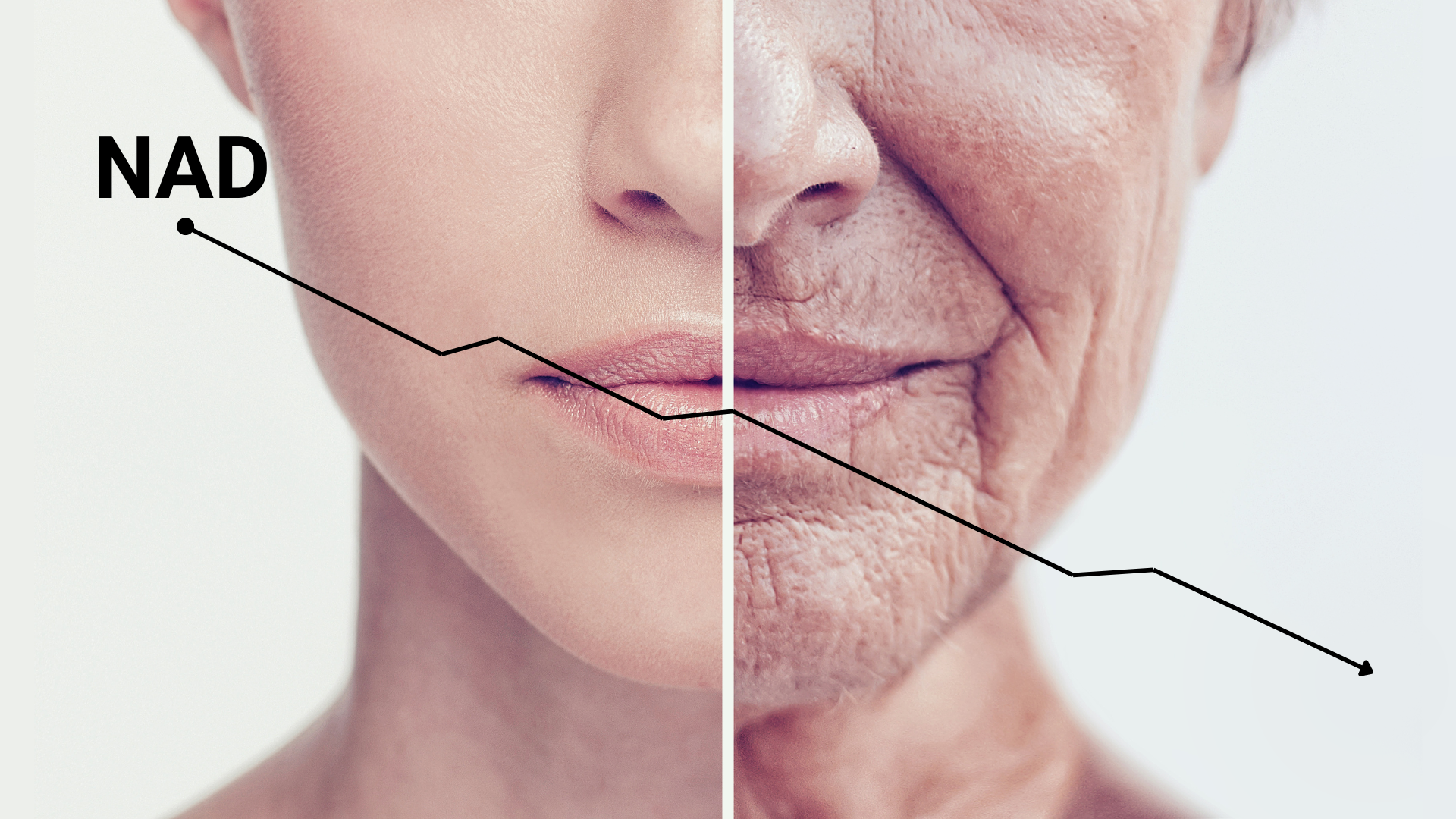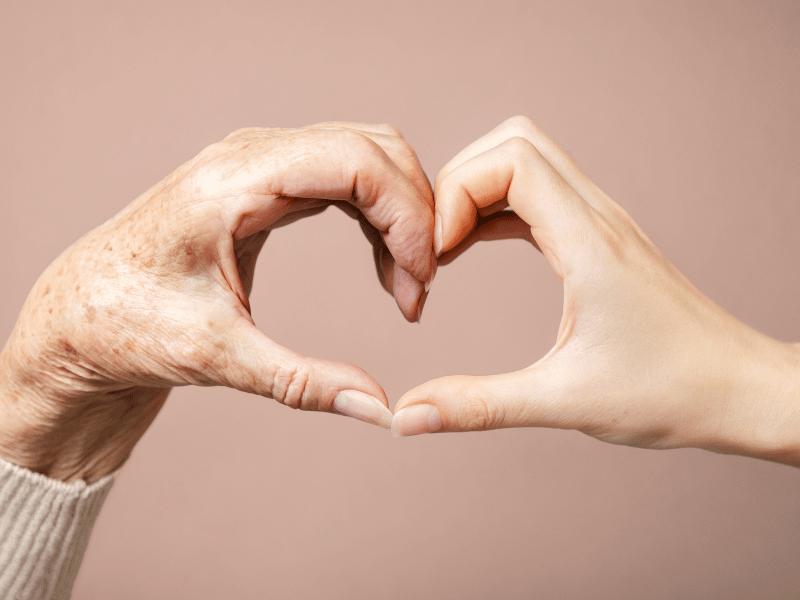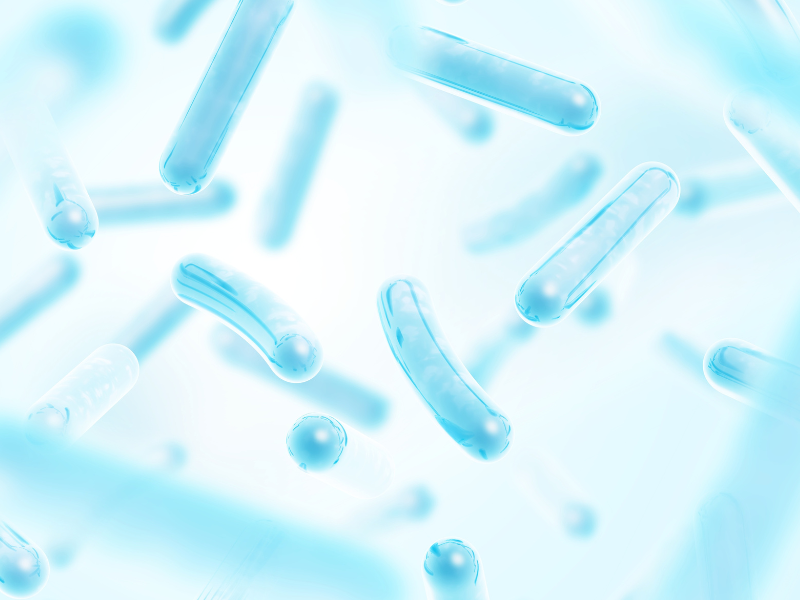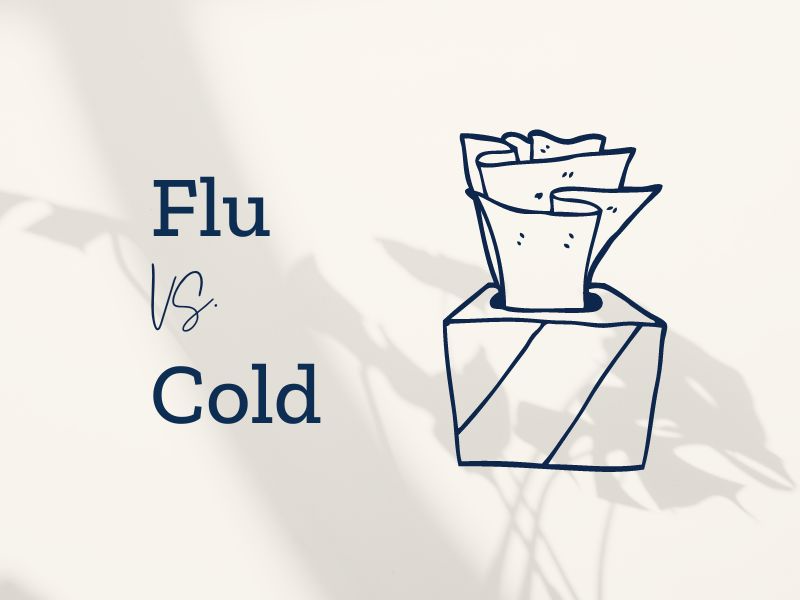
Sleep Well
Our bodies use downtime to repair and revitalize our cells, supporting cognitive performance, healthy metabolism, and more. Getting a good night's sleep is in other words not only refreshing but crucial for overall health and well-being.
In fact, restorative sleep is just as important as a healthy diet and regular exercise. Waking up well rested and recharged allows you to have more energy, better focus, and improved concentration during the day.
Yet, sleeping the recommended hours can be easier said than done — as anyone who has struggled with falling and staying asleep can attest.
We will provide tips for getting the kind of regular, restorative sleep that we all dream about!
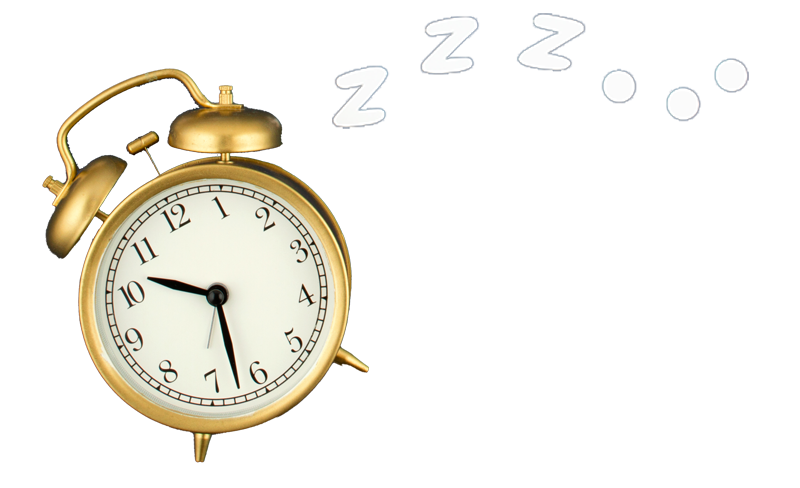
How to Support your Sleep
- Maintain/reset your circadian rhythm for sleep-wake and obtain a good night’s sleep.
- Keep nighttime routines that make you relax and give your eyes rest (avoiding blue light) at least 30 minutes before going to bed.
- It's also good to keep a sleep schedule and avoid eating heavy meals right before bedtime.
- Exposure to sunlight or bright light during the day is important for your health and makes you sleep better at night.
- Taking a sleep-supporting product before you go to bed can help regulate your circadian rhythm.
Kevin Magnussen
"Formula 1 is all about the engine, body, and mind"
To fight for points, formula 1-driver Kevin Magnussen must optimize every single aspect of his game.
The engineer and mechanics can improve the car, but Magnussen must improve his physics, alertness, and ability to cope with enormous pressure.
Amino acids:
Tryptophan
A lack of sleep can cause stress, and stress can lead to a lack of sleep. Studies indicate that tryptophan supports both healthy sleep and mood. The body produces melatonin from tryptophan, thus it can support melatonin (and serotonin) production. Optimized Tryptophan Plus also provides synergistic compounds.
SPECIAL COMPOUNDS:
GABA
GABA is the body's neurotransmitter of calm and relaxation. It has an inhibitory effect on neurons and can help with stress and sleep — balancing your nervous system and supporting a calm mood. LipoCalm™ is a premium sleep formula that can ease the body into restorative sleep and a healthy sleep cycle.
Herbals:
Natural calming ingredients
The Herbal Sleep PM formula contains all-natural ingredients, combining lemon balm, honokiol, and the chamomile compound apigenin. These scientifically studied ingredients are shown to target the sleep centers of the brain for healthy, restful sleep and overall physical well-being.
Sleep
Out of stock
Good Habits for Better Sleep
-
Healthy living: Practicing good habits like eating a nutritious healthy diet, exercising regularly, and having a balanced lifestyle all contribute to your sleep health.
Good nighttime routines: Getting sunlight or bright light during the day is important, but minimizing lights, especially artificial blue light (screens), at night is recommended. At least, avoiding screen time and television 30 minutes before you go to sleep helps your mind and eyes relax. It's also good to keep a sleep schedule and avoid eating heavy meals right before bedtime.
Support your sleep: Caffeine intake late in the day can inhibit you from getting restful sleep, so instead choose a soothing and relaxing warm cup such as chamomile tea. Taking a melatonin supplement or another sleep-supporting product before you go to bed helps to establish the circadian rhythm for sleep-wake and obtain a good night’s sleep.
Keep the Rhythm
The circadian rhythms are physical, mental, and behavioral changes that follow a 24-hour cycle.
These rhythms are part of the body’s internal clock, running in the background to carry out essential functions and processes. They regulate all aspects of our health from sleep to heart rate, blood pressure to hormone release, neurological function, lifespan, and even obesity.
Central & peripheral
clocks
There is a central clock in the human brain that syncs with our circadian rhythms and regulates body functions such as wakefulness, sleep, body temperature, and hormone regulation according to the time of day.
In addition to the central clock in the brain, each of our cells in various organs contains a peripheral clock that takes its orders from and synchronizes with the central clock. These peripheral clocks help regulate how our body functions.
Together, the central clock and the peripheral clocks regulate all physical functions in relation to circadian rhythms and the time of day.
The sleep-wake cycle
One of the most important and well-known circadian rhythms is the sleep-wake cycle. Taking cues from our outside environment, the body begins to release increased melatonin levels as light levels fall and lower melatonin levels as light levels rise with the start of a new day.
The use of cell phones and other screens exposes users to blue light, which suppresses melatonin levels.
Restore disrupted biological clocks
People with sleep problems almost always have disrupted biological clocks, which puts them at increased risk for various diseases.
Products with for instance tryptophan (that helps the body produce melatonin) can assist in keeping the circadian rhythm in tune as it promotes healthy sleep/wake patterns and encourages the onset, duration, and quality of sleep.
Supporting the Melatonin Production
The root cause of insufficient or disrupted sleep is inadequate levels of melatonin.
The hormone melatonin helps to fall and stay asleep and is produced mainly by the pineal gland in the brain. It acts on melatonin receptors ("docking stations for melatonin") in the body to regulate circadian rhythm and sleep.
Melatonin synchronizes our sleep-wake cycle between night and day. Melatonin is produced by the body in a circadian way in response to darkness and suppressed by daylight. Thus the highest levels of melatonin are in the evening/night.
Pineal gland production of melatonin in the body declines with age and can also be affected by jetlag, shift work, lights (especially artificially blue light), and stress (high cortisol level).
The steroid hormone cortisol wakes us up and should be at its peak in the morning. Melatonin and cortisol are in an opposite relationship; when melatonin is high, cortisol should be low, and vice versa. When either of these gets out of balance, our ability to sleep is affected.
Read what you can do to support a balanced wake-sleep cycle under Good habits for better sleep.
You can also support low melatonin levels with products that play an indirect role in melatonin production in the body, such as melatonin-free sleep aid products.
Read more blog posts




